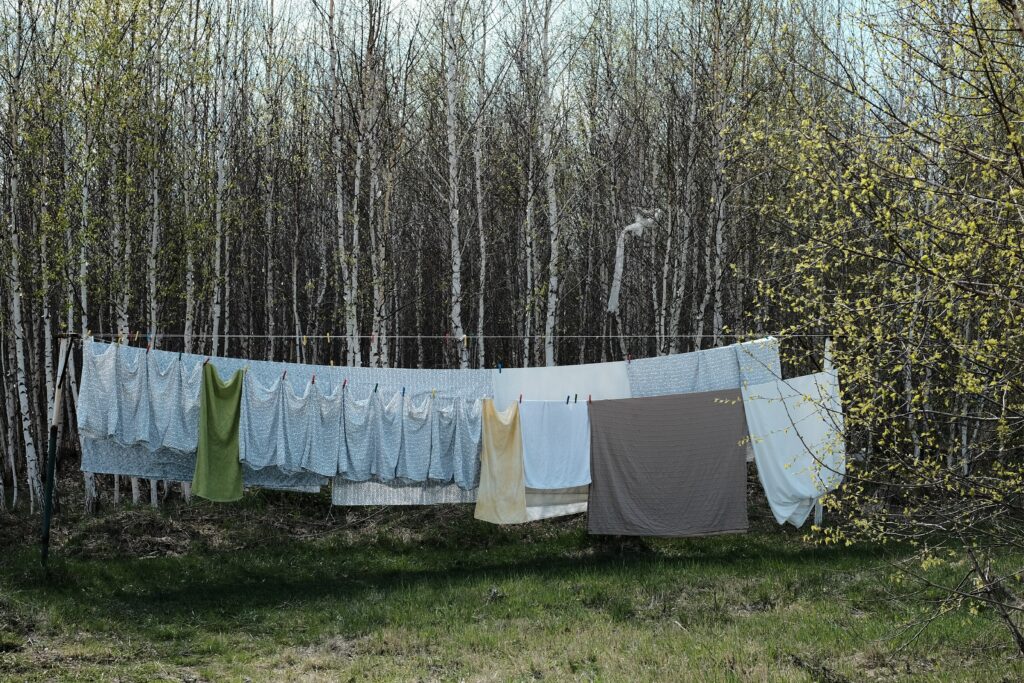
5 Eco-Friendly Alternatives to Using Appliances in the Home
Environmentally friendly practices aren’t just a one-day affair. Making sustainable changes to your routine can and should be a part of your life all year round. When it comes to decreasing the resources you consume, the home is a great place to start. If you’ve been curious about eco-friendly alternatives to using appliances at home, here are five tips to get you started.
1. Only Run a Full Dishwasher
One of the most convenient appliances in any home is the dishwasher. However, many families do not consider the environmental impact of this tool. If you’re going to clean the dishes, be sure the dishwasher is completely full. This will reduce the amount of water wasted overall. Of course, the best option would be to do the dishes by hand—just not with the water running!
2. Save Water in the Shower
Another mainstay of the home is the shower. Fortunately, taking a shower is more eco-friendly than taking a bath. So, when possible, choose to have a short shower. By decreasing your shower time down to around five minutes, you could save hundreds of gallons of water throughout the year. Alternatively, it may make more sense for you to purchase water-saving shower heads. These shower heads can use around 70% less water than traditional options, which will save you money and preserve crucial natural resources in the long-term.
3. Reduce Energy on Laundry Day
Washers and dryers are two of the biggest energy consumers in the home, especially if they are not being run with a full load or are operating on settings that require more power. There are several steps you can take to reduce your footprint on laundry day. According to House Method, washing your clothes by hand or letting them air dry can reduce energy usage, month over month. Even a simple change, like turning the water setting from hot to cold can make a difference.
4. Choose Greener Lighting
Many of us have gotten used to the ease of simply flicking on a light switch and enjoying the glow. However, if you’re leaving lights on when it’s already very bright outside, or forgetting to turn the lights off when you leave the house, you could be spending far more energy than you or the planet can afford. In addition to being more mindful with your electricity usage, consider using CFL or LED lights. These light bulbs last longer and use less energy—a win-win.
5. Unplug Your Appliances
While it’s easy to get into the habit of simply leaving appliances plugged in all of the time, this is one habit you’ll want to break. Appliances that remain plugged into the wall will continue using electricity, even when not in use. Instead, create a routine of unplugging your TV, laptop, toaster—anything you don’t need in the moment.
If incorporating more eco-friendly actions into your life has felt overwhelming before, rest assured, there’s nothing too complicated about it. With just a few of these simple steps above, you’ll be well on your way to improving the health of the environment and saving yourself some money in the process.
Article written for WhosGreenOnline.com by Kaytie Elizabeth Pascale
